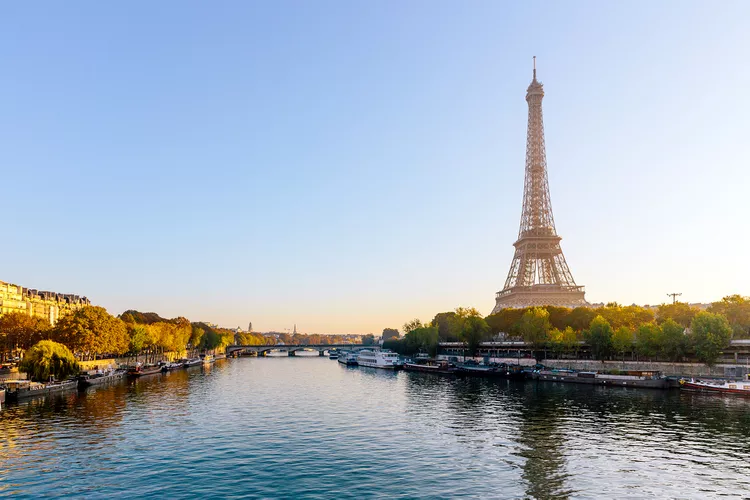Summary
Eiffel Tower Trespassing Incident
It’s been a summer filled with instances of bad behavior for travelers visiting the most historic and iconic destinations in Europe.
This week, two inebriated American tourists entered a restricted zone in Paris’ famed Eiffel Tower and slept overnight, according to the BBC.
The two men snuck into the area and passed out, only to be awakened by a guard the following morning during a routine security sweep. Consequently, the incident prompted emergency personnel to investigate, leading to a delay in the opening of the Eiffel Tower to ticket holders by an hour.
The men slept between the second and third levels of the tower and did not pose any additional security threat beyond trespassing.
The Eiffel Tower stands 1,084 feet tall and welcomes over 7 million annual visitors, according to the official site.
Trevi Fountain Climbing Case
In a separate incident this month, a woman in Rome, Italy was flagged by security for climbing on the famed Trevi Fountain to fill a personal water bottle. Such actions highlight the need for awareness regarding acceptable behavior at historical sites.
Colosseum Etching Incident
Furthermore, in Rome, a couple was filmed etching their names into the Colosseum earlier this summer, subsequently facing public backlash on social media by Rome’s government. These behaviors emphasize the importance of respecting cultural heritage and historical landmarks.
European Tourism Trends
Europe has seen a surge of travelers visiting destinations as COVID-19 restrictions have been lifted, enabling greater movement across the continent. “American visitor volumes are 55 percent above the 2022 peak season, with London, Paris, and Dublin being the top destinations,” reported the European Travel Commission in a recent “European Tourism: Trends & Prospects” report.
Therefore, it is crucial for travelers to step up their travel etiquette to ensure a respectful experience in these iconic locations. Practicing responsible tourism can greatly enhance the enjoyment and preservation of such historic sites.




